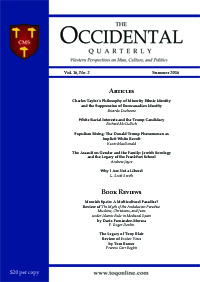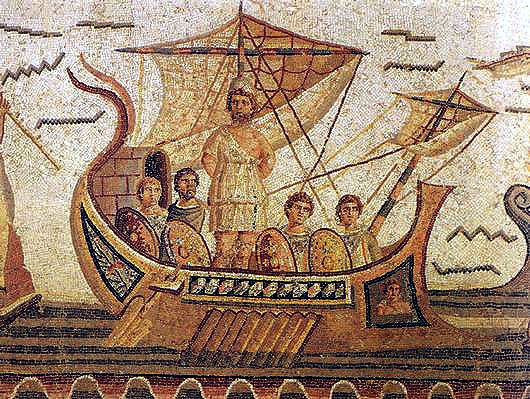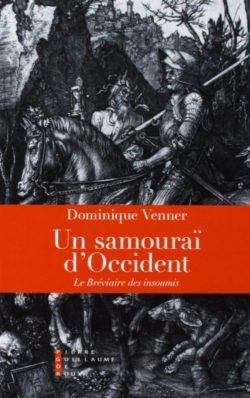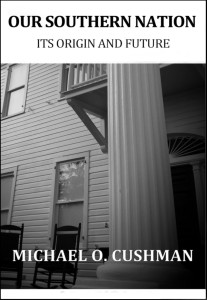Time to Subscribe to The Occidental Quarterly
The Summer issue was loaded into subscribers’ area on TOQonline 6/16.
Print journals were mailed 6/15 and will take somewhat longer to arrive than they have in the past.
The Occidental Quarterly
6/16: Summer 2016–Vol. 16, No. 2
The Occidental Quarterly fills a unique niche in bringing together scholarly articles on a wide range of topics that are mired in political correctness elsewhere.
There are quite a few reasons for the precarious state of our civilization and our people. But one of the main ones is that we have lost the intellectual and moral high ground to a cultural elite that is hostile to our people and our culture.
A main purpose of TOQ is to change the attitudes of White people so that they will feel confident identifying as White and explicitly asserting their interests as Whites. Politically aware Whites must understand that the elites that dominate culture and the political process in the West are intellectually and morally bankrupt.
The domination of the mass media and the academic world by elites that are hostile to White identity and interests is a major barrier for educated Whites to act on behalf of their interests. White people cower in fear of being called a racist for believing and acting in ways that are absolutely normal and natural for all the other peoples of the world. While other peoples defend themselves, their culture and their borders, societies in Europe, North America, Australia, and New Zealand that have been controlled by Whites for hundreds of years are the only ones to accept their demise as a moral imperative. We view this outcome as the result of competition over the construction of culture in which the legitimate interests of Whites have been compromised.
All of the scientific data are on our side. Increased ethnic diversity is associated with a host of societal ills, including decreased support for social welfare programs and lack of public trust. Those who argue that Western societies have a unique moral obligation to cede cultural and political control to non-Whites completely ignore the legitimate interests of Whites. No one argues that countries like Korea or Uganda have a moral obligation to allow other peoples to swamp the native population.
Digital download subscriptions are only $30/year for four issues; subscriptions by mail are only $60/year. Go to www.theoccidentalobserver.net and click on ‘SUBSCRIBE TO TOQ’.
You will not only find the articles fascinating and informative, you will also be supporting the work of scholars who are part of a community defending our people and our culture with the highest level of integrity and intellectual sophistication.
The (very handsome) cover for the Spring 2016 issue can be accessed by clicking here. This issue will be mailed out around March 21.





 Many intellectual and political promoters of nation-state building end up on the “wrong side of history.” In fact, these are the code words used by mainstream historians when depicting those who failed in their political endeavors, lost the intellectual or political war, and earned themselves historical oblivion.
Many intellectual and political promoters of nation-state building end up on the “wrong side of history.” In fact, these are the code words used by mainstream historians when depicting those who failed in their political endeavors, lost the intellectual or political war, and earned themselves historical oblivion.


